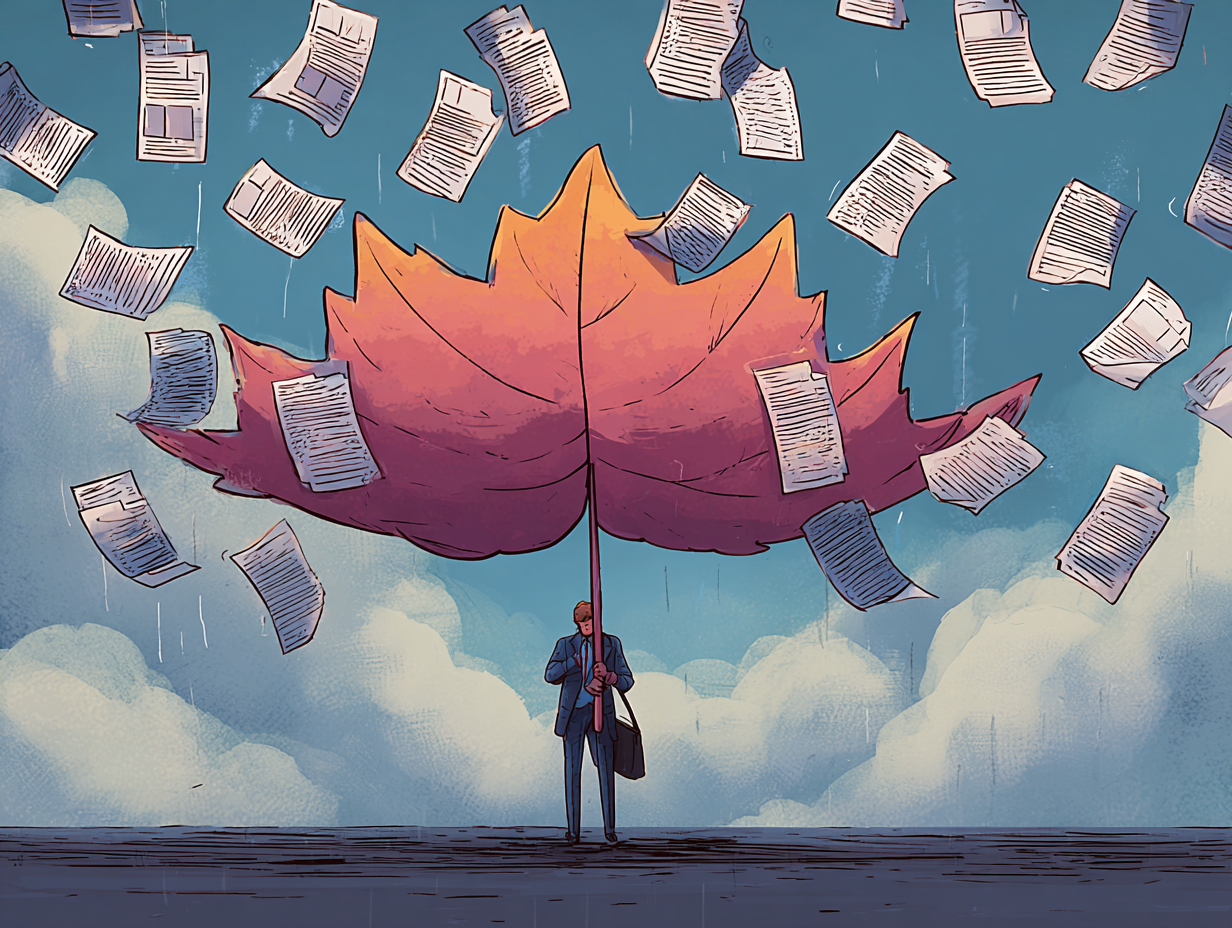Can You Be Fired for Taking Sick Leave in Ontario?
Short answer: No - your employer cannot fire, penalize, or threaten you for taking job-protected sick leave under Ontario’s Employment Standards Act (ESA). That’s a reprisal and it’s illegal. There are narrow exceptions (e.g., genuine restructuring unrelated to your leave, or frustration of contract after a prolonged disability), but the leave itself cannot be a factor.
What counts as “sick leave” in Ontario?
ESA Sick Leave (short-term).
Most provincially regulated employees who’ve worked at least 2 consecutive weeks can take up to 3 unpaid, job-protected days per calendar year for personal illness, injury, or a medical emergency. Since October 28, 2024, employers cannot require a medical note from a “qualified health practitioner” for these three ESA days—though they can still ask for evidence that’s “reasonable in the circumstances” (for example, a self-attestation).
Long-Term Illness Leave (new in 2025).
As of June 19, 2025, employees with 13+ consecutive weeks of service who can’t perform their job because of a serious medical condition can take up to 27 weeks of unpaid, job-protected leave in a 52-week period. The weeks don’t have to be consecutive, and a certificate from a qualified health practitioner must confirm the serious medical condition and the period you’ll be off work.
Tip: Long-term illness leave protects your job, not your income. Many workers pair it with EI sickness benefits or private STD/LTD coverage. (EI currently provides up to 26 weeks—check Service Canada for the latest.)
Can you be fired for taking sick leave?
Reprisal is illegal. Employers can’t dismiss, discipline, cut hours, or otherwise punish you because you asked for or took ESA sick leave or long-term illness leave.
But termination can still happen for unrelated reasons.
If an employer can prove the decision was for reasons totally unrelated to the leave (e.g., company-wide restructuring, documented pre-leave performance issues), a termination may be lawful—so long as the leave wasn’t any part of the reason and human rights are respected.
Human Rights Code protection (duty to accommodate).
If your illness amounts to a disability, your employer must accommodate you to the point of undue hardship (think: modified duties, schedules, or temporary leave). Firing someone because of disability is discrimination.
Medical notes: what can your employer ask for?
For the 3 ESA sick-leave days: No doctor’s note from a qualified health practitioner may be required. Employers may still request reasonable evidence (e.g., a self-attestation).
For Long-Term Illness Leave: A certificate from a qualified health practitioner is required and must indicate the period you can’t work.
“Frustration of contract”: the special case after prolonged disability
In rare cases where medical evidence shows no reasonable prospect of return in the foreseeable future, an employment contract may be “frustrated.” If that happens because of illness or injury, the employer may still owe ESA termination pay and, if applicable, severance pay—even though common-law notice might not be required. This analysis is fact-specific; get advice.
If you’re denied leave or fired while sick: practical steps
Document everything: dates, symptoms/limitations, requests, responses, and any evidence you provided.
Ask for the reason in writing for any discipline or termination.
Get legal advice early. You may have claims for reprisal under the ESA, discrimination under the Human Rights Code, and/or wrongful dismissal.
Bottom line
In Ontario, taking sick leave should not cost you your job. The ESA now provides both short-term (3 days) and long-term (up to 27 weeks) job-protected options, and employers face reprisal exposure if leave factors into discipline or termination decisions. If you’re navigating a sick-leave issue—as an employee or an employer—Vanguard Law can help you chart the safest path.
This post is general information and not legal advice. For advice about your situation, reach out and we’ll review your facts.

